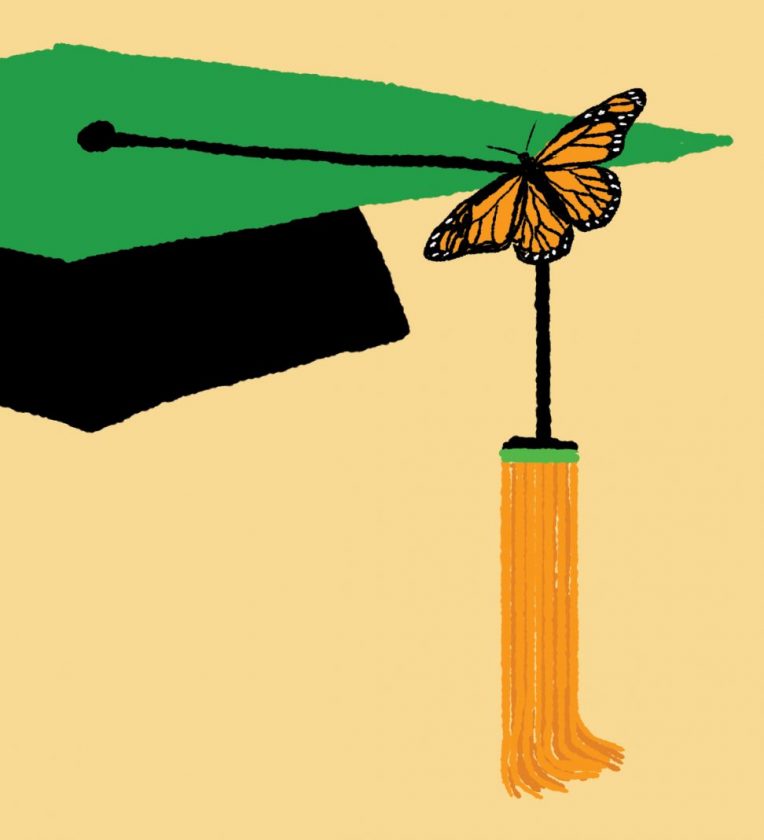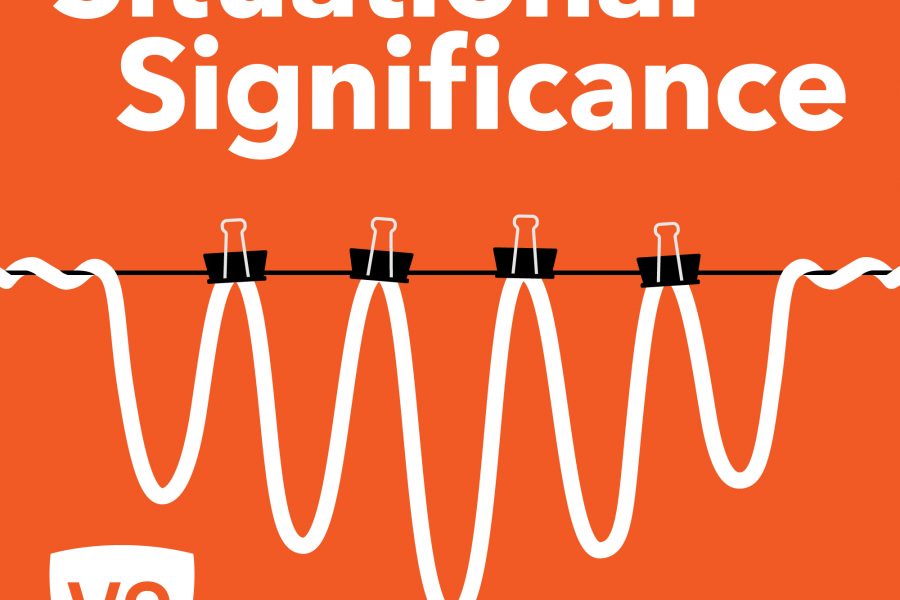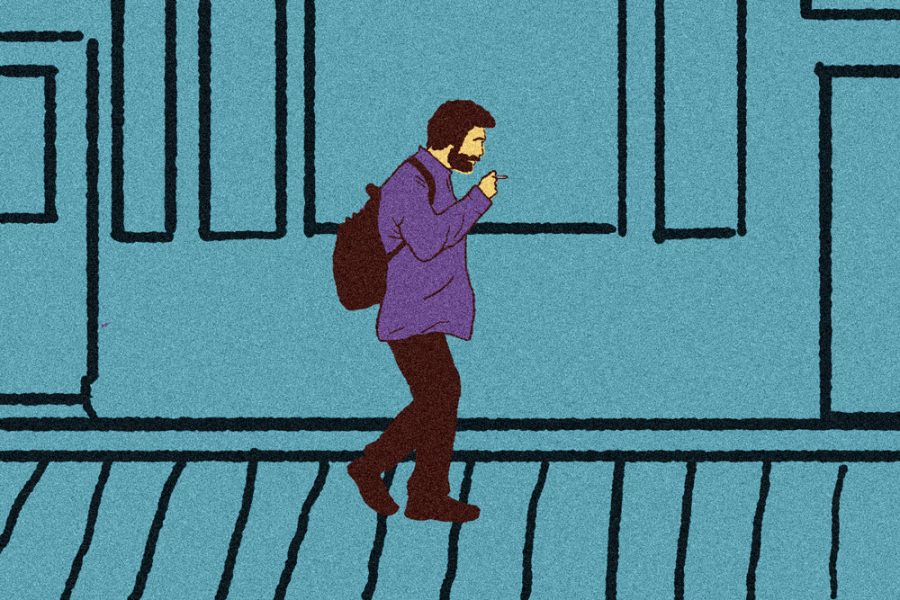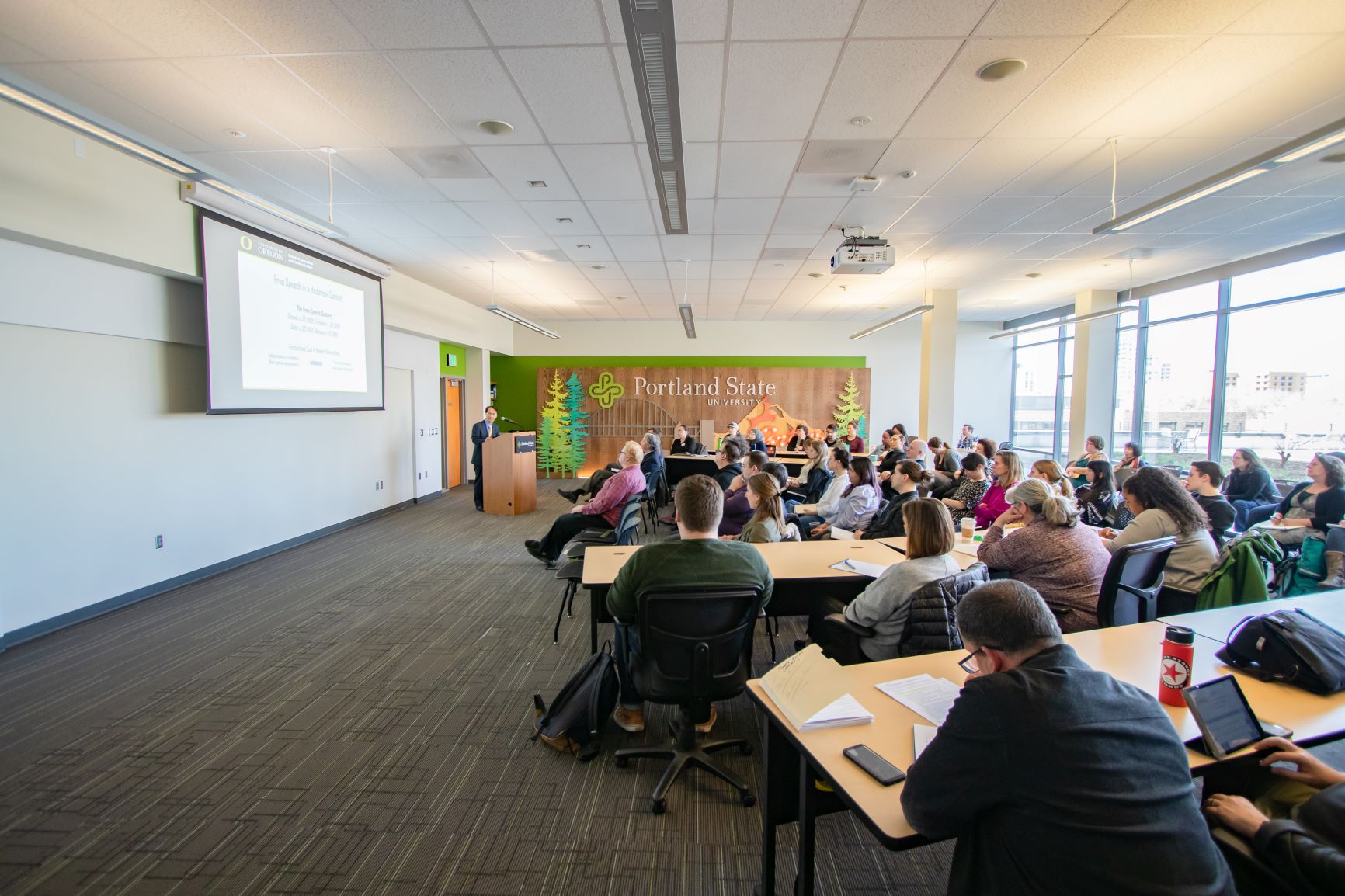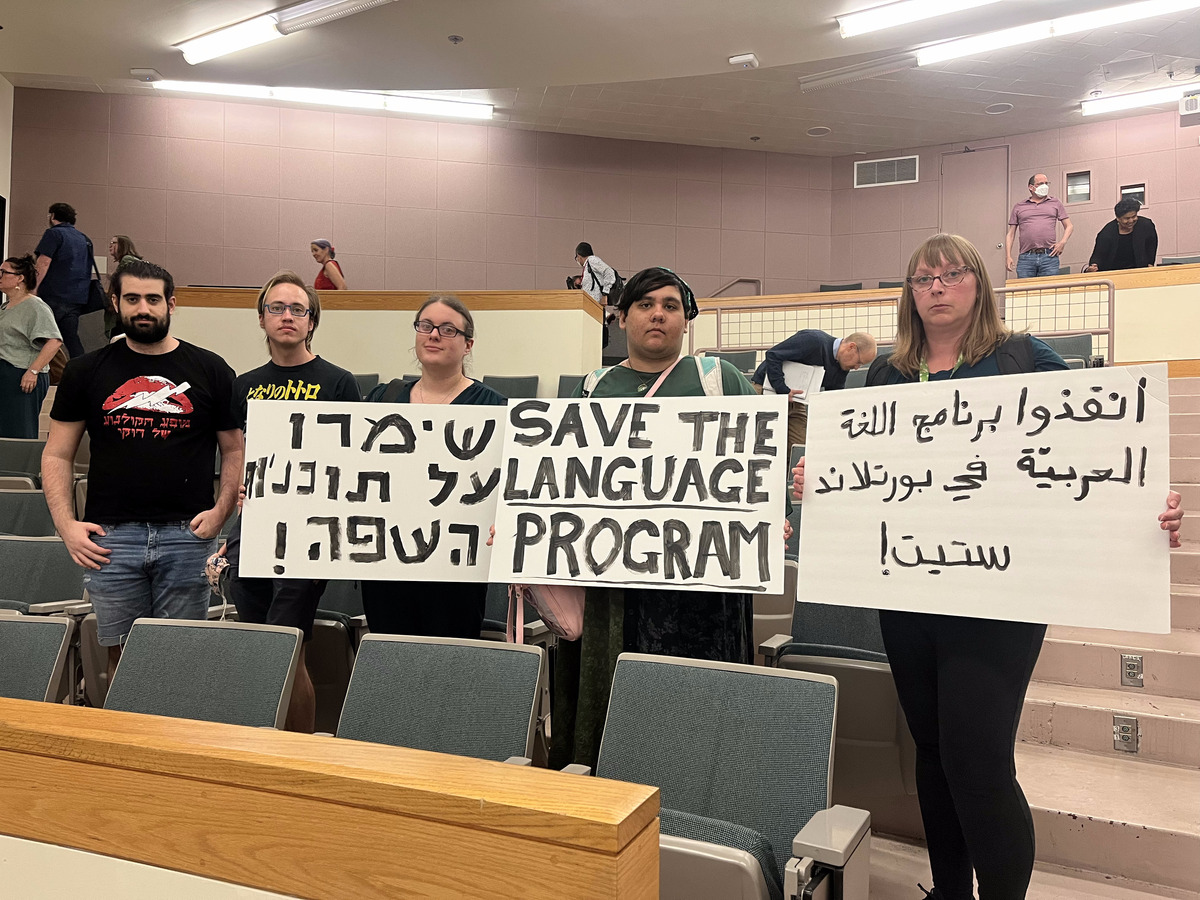Members of Dream PSU are hoping to submit a formal proposal for a Dream Center to the Portland State Board of Trustees in the winter of 2020.
Dream PSU is a student-led organization that advocates for undocumented students on campus. A Dream Center would be a new cultural resource center that would cater to the needs of undocumented Deferred Action for Childhood Arrivals recipients, as well as students from mixed status families.
Currently, Dream PSU has a webpage offering resources and information for undocumented students; but there has been a push for a physical location where undocumented students can find all the resources they might need—as well as a sense of community—in one place.
“The Board of Trustees is in favor of bringing a Dream Center [to PSU],” said Academic Advisor for Dream PSU Oscar Fernandez in an email.
“Key administrators and Dream PSU have been in meetings this summer and fall of 2019,” Fernandez said. “Fall term [2019], Dream PSU organized a student forum to hear what PSU students envision this student center to be. Dream PSU will organize another student forum this winter.”
“We hope to submit a formal proposal this winter term 2020 to key administrators after we hear from more students,” Fernandez said.
The future of DACA
The Trump administration attempted to end DACA in 2017, but federal judges ruled that major elements of the program must remain in place as the program is legally evaluated. The Supreme Court heard arguments in November 2019 concerning the future of DACA, and many judges appeared ready to end the program. An official ruling will be made some time in 2020. Currently, there are over 700,000 DACA recipients in the United States.
Following the Supreme Court’s apparent willingness to allow the Trump administration to rescind the program, Interim President Stephen Percy released a statement to the PSU community reaffirming PSU’s commitment to dreamers and undocumented students.
“We want to do everything we can to help our students at this difficult time regardless of national origin or immigration status,” Percy wrote. “A Dreamer Center is in development and more resources are available on our Dreamers page.”
“I want our DACA students to know that you belong at Portland State; your opportunity and success matter to us, and we support you—as students and as vital members of our community.”
PSU is currently considered a sanctuary campus, which means Campus Public Safety Officers don’t enforce federal immigration laws, and that PSU faculty, staff and students are not required to consent to immigration enforcement activities on campus or provide confidential student information.
PSU Dream Center
The idea of a Dream Center started in early 2019, after Portland Community College’s Rock Creek Campus implemented their own Dream Center.
According to Fatima Preciado Mendoza, student leader and director of Dream PSU, the idea took shape after members of Dream PSU presented a letter to the Board of Trustees in May 2019 requesting more resources on campus, including a potential Dream Center.
“There was a little bit of pushback in the Board’s response to the need of such a resource,” Mendoza said.
At the time, the Board was debating whether or not to raise PSU’s tuition, and Mendoza said that members of Dream PSU felt as though that issue was taking precedence over the needs of undocumented students.
“You can’t have a conversation about a tuition increase without addressing the needs [of undocumented students], because this student demographic is going to be mostly affected by this tuition increase, and it’s gonna put a hold on people’s education,” Mendoza said. “It’s going to determine whether or not [undocumented students] are able to fund and continue to go to college.”
After that meeting, members of Dream PSU started to “buckle down,” according to Mendoza, and they began envisioning and discussing the logistics of a Dream Center, as well as how to get it successfully implemented at PSU.
Following those discussions, in June of 2019, Oscar Fernandez and Julie Caron, vice president of Global Diversity and Inclusion, went before the Board on behalf of Dream PSU to outline the new vision for a Dream Center. They discussed resources a Dream Center might provide and why it was important to have a physical space instead of only a webpage. They also read a list of demands put together by members of Dream PSU.
Caron said at that meeting a Dream Center would allow undocumented students to find all the resources and support they may need without getting “bumped around to different places.”
“We would have a central location where students and prospective students can get their information and be able to create community together,” Caron said. She said that a website isn’t sufficient because it doesn’t provide the personal connection of a physical space.
Following that meeting, Interim President Stephen Percy sent out an email to the campus community saying that PSU was committed to its dreamer students and that more information about a Dream Center would be available in the fall of 2019.
This fall, members of Dream PSU have continued to organize and advocate for a potential Dream Center.
Members of Dream PSU held a collaboration forum in October, where community members were invited to attend and voice their ideas for a Dream Center. More than 30 students attended.
At that meeting, a presentation was given outlining what other already established Dream Centers in universities across the country look like. Then, attendees discussed what resources and information would be the most helpful at a potential Dream Center for undocumented students. Topics that came up included: financial assistance, access to scholarships, counseling and mental health services.
Another aspect brought up at that meeting was the idea of a training program for faculty members that would help them understand how best to help undocumented students, as well as how the needs of undocumented students differ from the needs of regular students.
Ultimately, the idea of having a physical location that would act as a epicenter for undocumented students—both as a place to find information and resources as well as a sense of community and belonging—was the main topic of discussion.
“It’s also really empowering to be able to gain community and find support with other people who may be going through the same thing, and I think it’s really important that we have a designated physical location,” Mendoza said.
According to Mendoza, some faculty members suggested that the multicultural center already acts as a space for undocumented students as well as students from other backgrounds.
“We’re really pushing for a physical space, a space of our own,” Mendoza said. “The experience of undocumented students and an undocumented student trying to navigate higher education is a lot more complicated [than for regular students]. And it requires special programming for it.”
“But it’s worked [elsewhere], and it’s effective. It helps with [student] retention, and it also opens room for future access to PSU for high school students who may be in the community and know that PSU has this center. I think that would really promote PSU’s values of inclusivity and diversity.”
In terms of funding for the center, Mendoza said that Dream PSU has a few options to consider, such as asking the Board of Trustees directly or making a proposal to the Student Fee Committee, as well as fundraising efforts.
Members of Dream PSU are currently drafting a mission statement for the center, collecting more ideas and holding meetings and events before they hope to give their formal proposal to the Board in the winter of 2020.
No specific location has been mapped out for the center as of yet, but Mendoza is hoping it will be located near the other cultural resource centers in the Smith Memorial Student Union. She also mentioned that a space within the new Fariborz Maseeh Hall or near the School of Social Work is a possibility.
A previous PCC staff member who helped orchestrate the PCC Dream Center, Johana Monroy, is now working with Dream PSU on their center. Monroy is currently a senior in the School of Social Work at PSU and an intern for the Office of Global Diversity and Inclusion.
“Addressing the needs of Dreamers means that we need to look at them in a holistic lens,” Monroy said in an email. “Thanks to the legislators, educators and non-profit organizations who have directed Oregon to be a welcoming place for immigrants, we have seen the support. Yet, on a federal level the rhetoric of oppression, xenophobia, scapegoating and the idea of the termination of DACA has been difficult. Nevertheless we are pushing for what students deserve in PSU: access to higher education.”
“We owe the sacrifices of Dreamers who…had to choose from their basic needs and dropped out [of college],” Monroy said. “There are many obstacles against Dreamers. My hope is to alleviate obstacles and have key staff and programs that support student success.”
Mendoza said establishing a Dream Center at PSU is more important now than ever, especially as the Supreme Court seems willing to rescind DACA.
“PSU—an institution [that] prides itself on being diverse and inclusive and being an access school—[a Dream Center] is such an important program,” Mendoza said. “Especially at the university level, knowing that PCC already has something like this, we’re kind of lagging behind.”
“It’s really good that we’re doing this now, but we need to continue to support students because everything is so uncertain [for Dreamers], and it can create barriers for students as they try to stay in school,” she said.
For those interested in helping Dream PSU, both Mendoza and Monroy recommended attending Dream PSU’s events, helping out with fundraising and staying up to date on issues related to undocumented students and DACA recipients.

